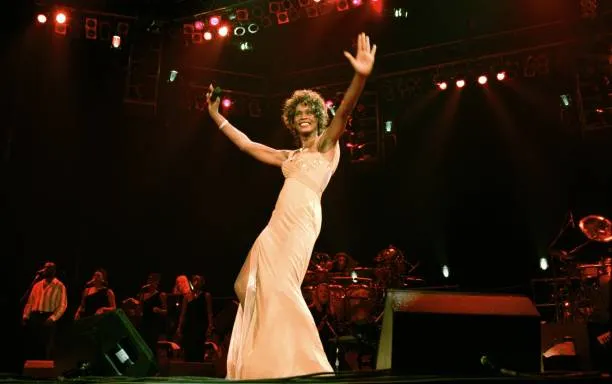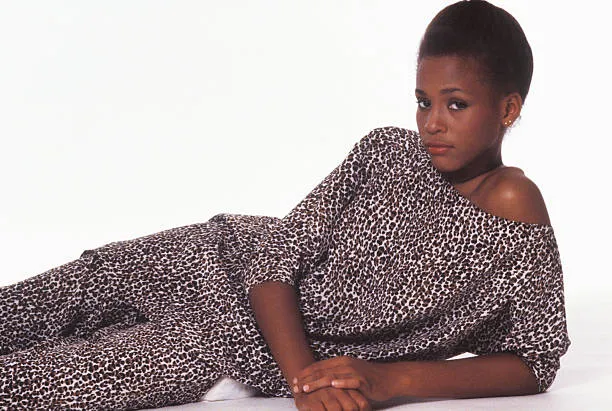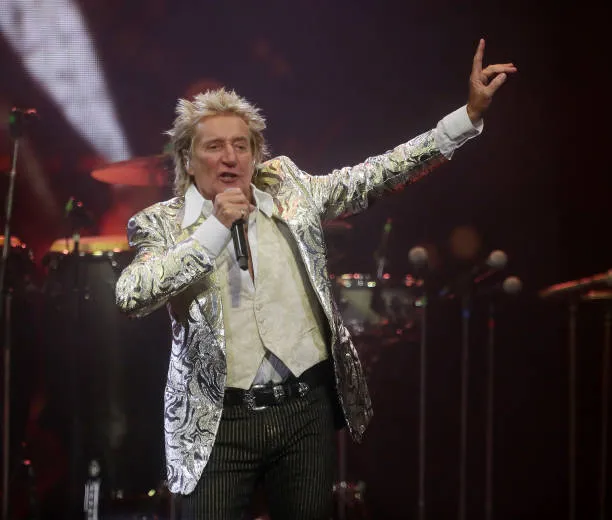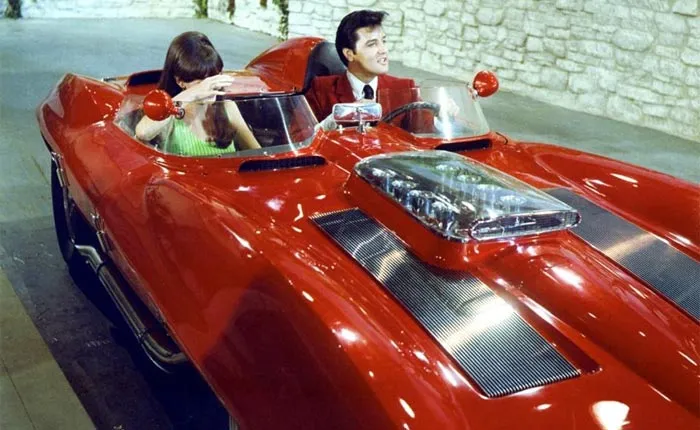Few artists have made as indelible a mark on the world of music as Elton John.
With his flamboyant stage presence, stellar songwriting partnership with Bernie Taupin, and a catalog of hits that spans decades, Elton John's legacy is undeniable.
But how did this musical icon get his start? Let’s journey back to Elton’s early years, exploring the magic that set him on the path to becoming one of the most iconic musicians of all time.
From Reginald Dwight to Elton John

Reginald Kenneth Dwight, known today as Elton John, was born on March 25, 1947, in Pinner, Middlesex, England.
From a young age, Reginald showed a prodigious talent for music. He began playing the piano at the tender age of three and quickly developed a passion for it.
By the time he was 11, he earned a junior scholarship to the Royal Academy of Music, where he honed his classical piano skills.
However, it was not classical music that would capture his heart forever. Growing up in the 1950s, Reginald was swept up in the rock ‘n’ roll wave taking over the world. He idolized Elvis Presley and Buddy Holly, drawing inspiration from their rebellious spirit and infectious rhythms.
The transformation from Reginald Dwight to Elton John began in the mid-1960s.
Reginald wanted to stand out in the burgeoning music scene, and thus he adopted his now-famous stage name by combining the names of two members of his early band, Bluesology: saxophonist Elton Dean and vocalist Long John Baldry. With a new name and renewed focus, Elton John set out to make his mark in music.
Meeting Bernie Taupin: A Songwriting Match Made in Heaven
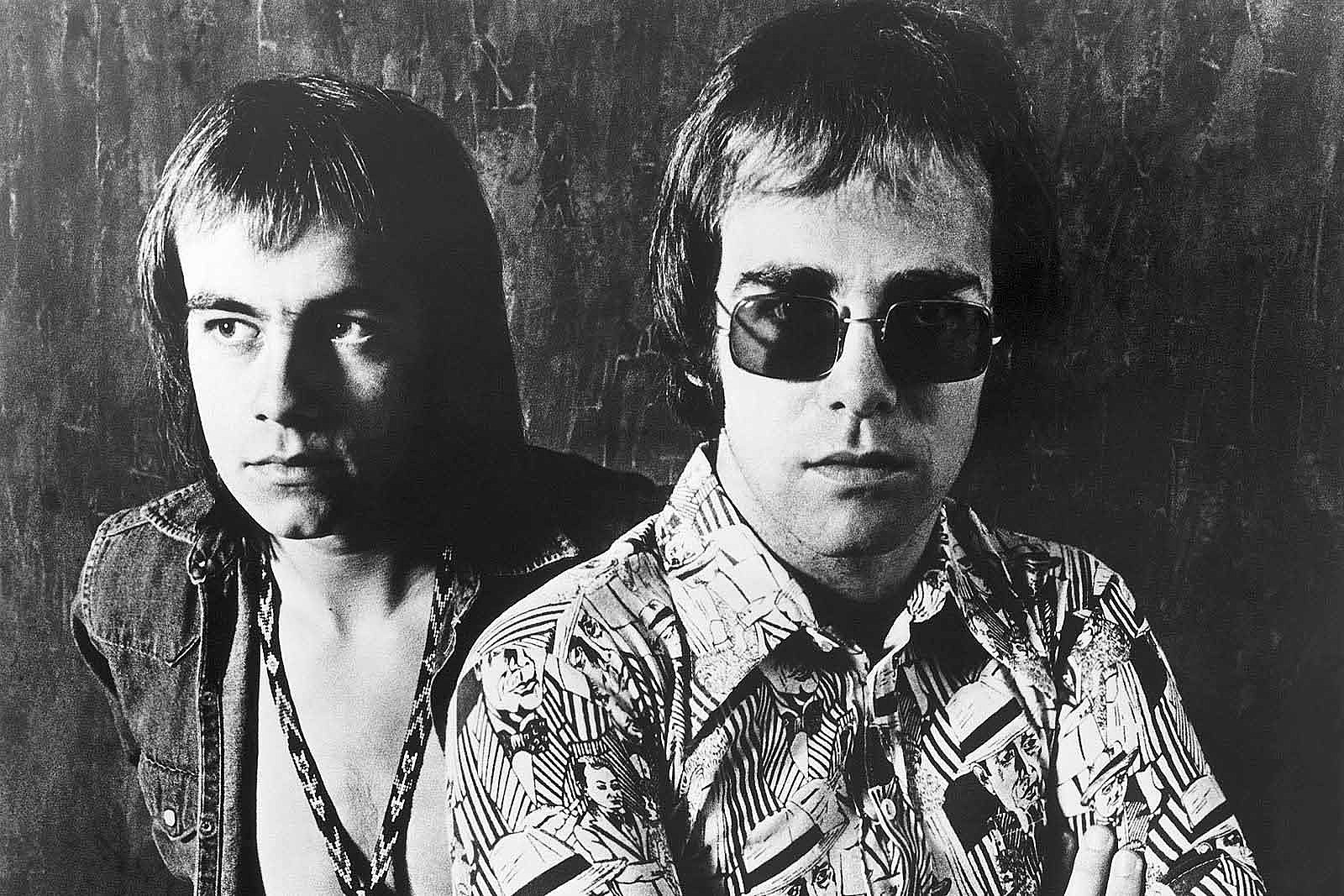
One of the most pivotal moments in Elton John's early career was his meeting with Bernie Taupin in 1967.
The pair met through Liberty Records after both responded to an advertisement looking for songwriters. While their initial meeting was brief, it sparked a partnership that would become one of the most successful in pop music history.
Bernie Taupin's evocative lyrics paired perfectly with Elton’s emotive music, creating songs that resonated deeply with audiences.
In Elton John’s younger years, the duo would write songs by the dozen, often completing multiple compositions in a single session. This prolific output laid the groundwork for their future success.
First Record Deal and Eclectic Image
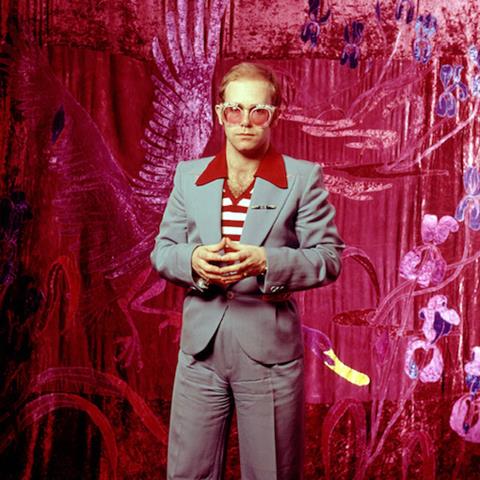
Elton John’s early music career was marked by a relentless work ethic and a constant evolution of his image—both essential elements for a budding music icon.
Despite his initial struggles to gain traction, Elton's perseverance paid off when he finally secured his first record deal with DJM Records.
In 1969, Elton released his debut album, "Empty Sky," which, while not an immediate commercial success, showcased his developing style and talent.
The album featured the ethereal melodies and intricate piano work that would become his trademark.
As Elton John looked to distinguish himself further, he began experimenting with more eclectic fashion choices—a precursor to the flamboyant stage costumes that would later define his public persona.
Breakthrough with "Your Song"

Elton John's big break came with the release of his second album, simply titled "Elton John," in 1970.
Among its tracks was "Your Song," a ballad co-written by Bernie Taupin that would become one of Elton’s most beloved hits. “Your Song” received widespread acclaim and climbed the charts, making Elton John an instant household name.
The success of "Your Song" marked the beginning of a meteoric rise for Elton John.
His soulful voice, coupled with Taupin’s poignant lyrics, captivated audiences and established him as a force to be reckoned with in the music industry.
The Look: Elton John Younger Years Through Images



Elton John’s early career was as much about his evolving image as it was about his music.
Various images of Elton John from his younger years reflect how he continuously experimented with his look, adopting the flamboyant and extravagant style that would become synonymous with his name.
Early photographs show a young Reginald Dwight clad in modest attire, but as his confidence grew and his stage persona took shape, his outfits became increasingly bold.
Think vibrant, oversized glasses, feather boas, sequined jackets, and platform shoes. Each ensemble was meticulously crafted to mirror the exuberance and liveliness of his performances.
Iconic images of a younger Elton John, such as those from his legendary performance at the Troubadour in Los Angeles in 1970, capture the electrifying energy and charisma he brought to the stage.
These visual elements were a significant part of his appeal, enhancing his ability to connect with the audience in an era where visual presentation became integral to musical performance.
Pinnacle Performances and Albums
The early 1970s saw Elton John achieve incredible milestones, both in recording studios and on stage.
Albums like "Tumbleweed Connection," "Madman Across the Water," “Honky Château,” and "Goodbye Yellow Brick Road" were met with critical and commercial success.
Each album showcased his ability to seamlessly blend genres, from rock and pop to soul and country.
The Troubadour Performance
A key moment that catapulted Elton John to international stardom was his performance at the Troubadour in Los Angeles on August 25, 1970. This event marked his American debut and was attended by industry bigwigs and enthusiastic fans alike.
Elton's dynamic performance, characterized by his soulful piano playing and charismatic stage presence, left the audience spellbound. The buzz from this performance would lay the groundwork for his subsequent success in the United States.
Rocketman Takes Off
"Rocket Man," released in 1972, became one of Elton John's signature songs, capturing the imagination of listeners with its futuristic themes and melancholic undertones.
The imagery evoked by Taupin’s lyrics and Elton’s melodic composition transcended the song’s literal meaning, resonating deeply with fans and propelling him further into the stratosphere of musical legends.
Elton John Younger: A Personal Perspective
Reflecting on Elton John's younger years brings back a wave of nostalgia for those of us who witnessed his meteoric rise firsthand. As the Jervis Family, our admiration for Elton John extends beyond his incredible talent to the person he was behind the scenes.
Anecdotes from Elton’s early career showcase a musician driven by passion and fueled by a relentless desire to evolve and innovate.
Stories of him composing in a flurry of inspiration, performing with boundless energy, and his heartfelt collaborations with Bernie Taupin offer a window into a world where creativity knew no bounds.
For instance, one memorable tale from the early 70s recounts how Elton and Bernie spent an entire weekend locked in a room, emerging only with a full album’s worth of material, ready to record.
This dedication and commitment to their craft is something we deeply admire.
Elton John’s early career set the stage for a legacy that would continue to expand and influence future generations of musicians.
His ability to connect with audiences through his soulful voice, charismatic stage presence, and innovative compositions established him as an enduring figure in music history.
Elton’s influential style and persona, often highlighted through iconic images during his younger years, revolutionized how artists approached visual performance.
His pioneering spirit and openness to explore different genres made him a versatile artist whose music continues to transcend time.
The Birth of a Legend
The journey from Reginald Dwight to Elton John is a testament to the power of talent, perseverance, and a little bit of rock ‘n’ roll magic.
Through dedication to his craft and an unyielding drive to push boundaries, Elton John transformed into a global icon whose influence can still be felt today.
With each image of younger Elton John, we’re reminded of the magic he brought to the stage—a magic that continues to inspire and captivate audiences around the world.
